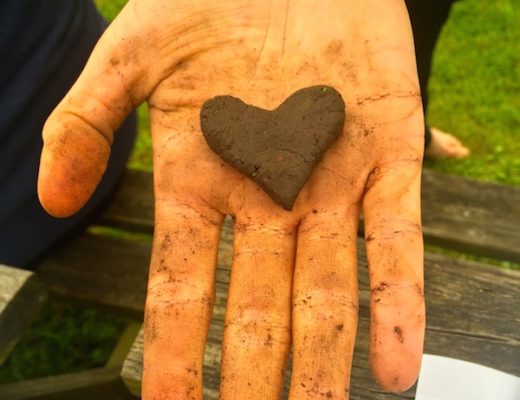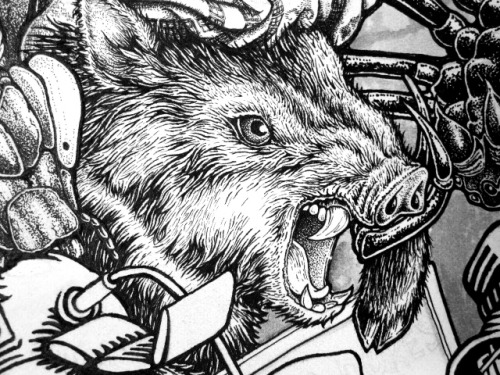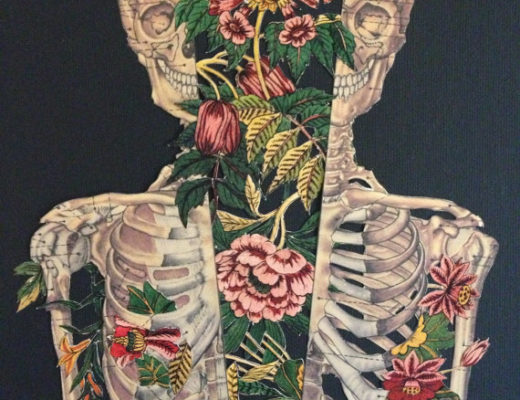This blog was originally hosted at Empty Cages Design.org as part of a series on Overcoming Burnout from 2016-2017. It has now been turned into a book that is available at: https://solidarityapothecary.org/overcomingburnout/
A few weeks ago I admitted to the world how burned out I am feeling and shared my commitment to blog about the journey in recovering. So far I have started to explore core underlying beliefs about organising, and looked at the bigger social-political context of burnout and self care, articulating how I have no desire to drop out, but want to transform my life, my projects and ultimately, the conditions of our existence.
Which has brought me to the place of ok, what now? It was a big step to share what was happening, but now, what am I going to do about it? I texted a close friend and asked him how he deals with overwhelm. He simply replied “Short term goals and getting through each day”.
Even though I am an absolute sucker for goals, I’m trying not to make this process goal orientated. I kind of need some respite from the sense of striving to achieve something, a pattern I know that has driven me to burnout. However a bit of structure always seems to help, in my opinion! In Gaia University there is a concept of ‘liberating structures’, where basically we need some structure in order to support ourselves and our work, but not too much to be repressive or constraining, hence the term ‘liberating structures’.
The aim of this blog post is to explore some liberating structures for overcoming burnout.
In a recent questionnaire as part of a teaching course, I scored about 18/20 as being a ‘concrete sequential learner’. It basically means I like order, logical sequences and getting the facts. It’s why I have a love-affair with bullet points. Non-linear, metaphysical, random, abstract things fry my brain. Folks who give long-winded explanations, transverse topics and are generally chaotic have me gnawing on my hand. So a lot of healing modalities (and their well-meaning practitioners) just push my buttons.
Identifying useful tools that work for me is important, and it’s also important that they are congruent with my politics and need for evidence. I don’t mean this in the sense that everything has to be peer-reviewed, I’m well aware of the dominating nature of the scientific establishment and the harmful effects of reductionist thinking. For me, tools that I trust are those with thousands of years of implementation (like herbalism, or even some rituals/shamanic practices that communities have used to connect with the land for millennia), those that come from people I trust; like respected practitioners and friends that have benefited from them personally or with people they know intimately.
- Setting my own criteria for healing strategies
- Holistic, not reductionist
- Ecological
- Placed in social-political context. Awareness of bigger patterns of oppression/ecosystem health/societal structures etc. Congruent with my politics
- Non culturally-appropriating
- Strong evidence base and actually effective
- Ideally DIY/Empowering/Horizontal – I want healing to be an empowering experience that connects me to my body, not disassociates me with it, or leaves me feeling powerless, guilty, anxious or body-hating. I want to work with practitioners as allies, and challenge the power-over dynamic of reductionist/capitalist healthcare
- Accessible – I can financially and energetically afford whatever the support is.
Grouping themes
I have now tried to identify all the work I want to do in overcoming burnout in my life and context, and tried to group these threads into themes. I tried to make a snazzy acronym but failed!
- Worldviews and Beliefs – Addressing underlying beliefs that propel me that may be harming me and others. Critically reflecting on worldviews about social change. Reconstructing beliefs and worldviews that nourish me and the movements I organise in. Developing positive affirmations.
- Structural Changes in my Collectives and Projects – Addressing workload sharing, support infrastructure, toxic communication or behaviour, roles and responsibilities and so forth. Mapping support webs. Dissemination of learning to support more ongoing radical change.
- Holistic health and Well-being Interventions – Interventions in my life to support my physical and psycho-emotional well-being and resilience. Nutrition, herbalism, exercise, bodywork, counseling, other therapies and so forth.
- Re-calibration of Desires and Passions – Re-finding the why behind what I do, prioritising projects and making more effective choices about what to give my time and energy to. Letting things go, visioning and re-discovering my self/desires/passions.
- Shadow Work – Processing my bereavements and other traumatic events. Spiritual and energetic work. Radical honesty and deepened self knowing of all sides of my self. The non-linear, deep, complex scary stuff!
- Regenerative Organising Design and Implementation – using design thinking to apply all the above personal and political work to my life. Identifying habits to anchor, and short and long term goals. So that my organising isn’t just sustainable but regenerative – it gives me energy, nourishment and pleasure.
All of these require multiple cycles of observation, analysis, design thinking and decision making and implementation. Expect a lot of blogs!
In starting a lot of this work already, it is so easy to slide into oppressive ways of thinking about myself and others. It’s probably also very easy to read some of the healing/self care type books and start to really believe in those magic unicorns that will save us. Therefore, I’m going to try and keep myself thinking critically by asking ongoing critical questions.
Ongoing Critical Questions
- Is this ‘performing’ self care to others? Or is it genuinely nourishing to me?
- Is this pacifying me in any way?
- How individualistic is this practice? What is the collective response?
- Is this practice reproducing oppressive logics in any way?
- Is this practice body-positive? Is it problematically dualistic e.g. Pure/white/enlightened vs dirty/black/fat?
- Is this practice supporting me to simply be, or is it about the productivity paradigm? (staying calm, disciplined and productive)
- Is this practice encouraging any kind of emotional regulation, repression of desires or limiting of my own needs for others (or society)?
- How liberating is this practice? What role can it play in collective liberation?




